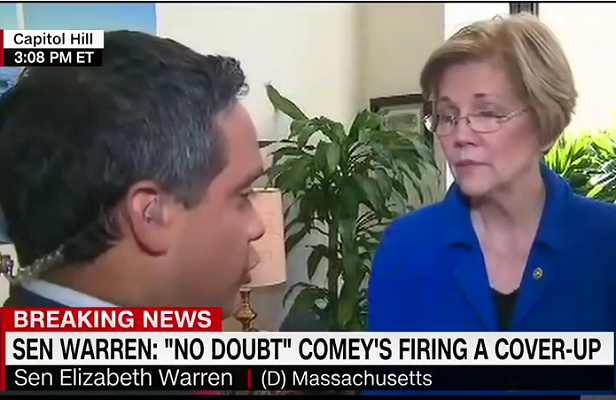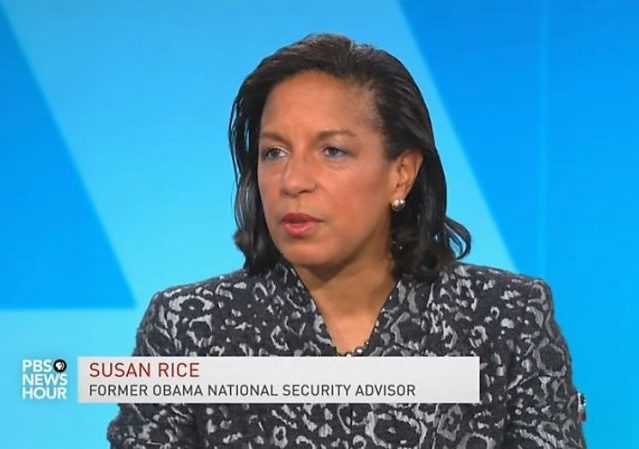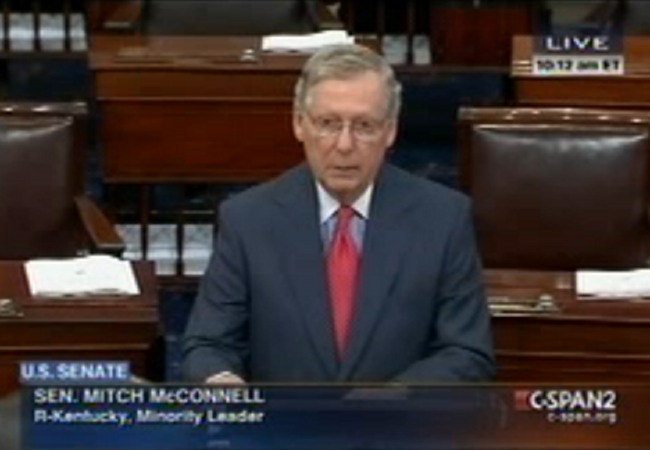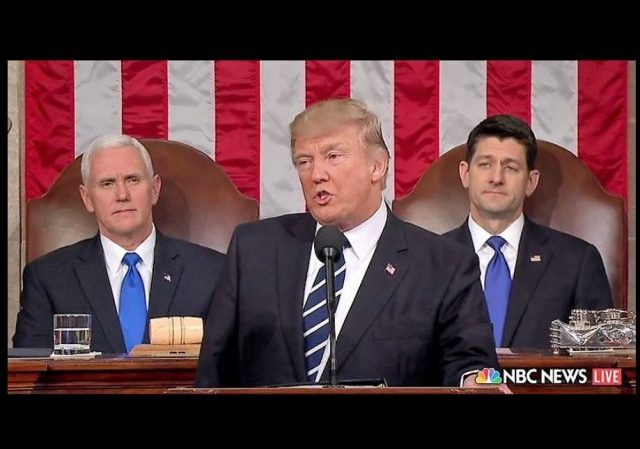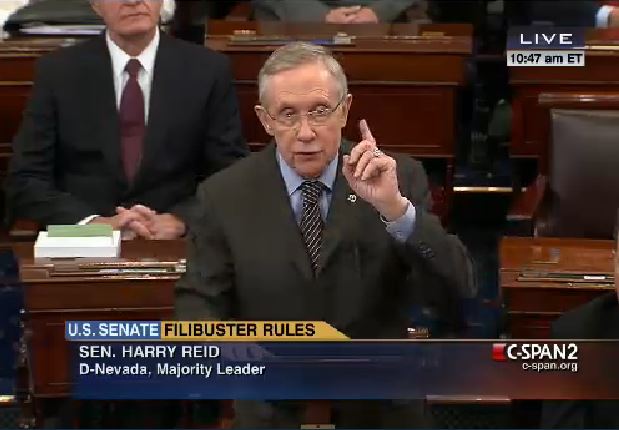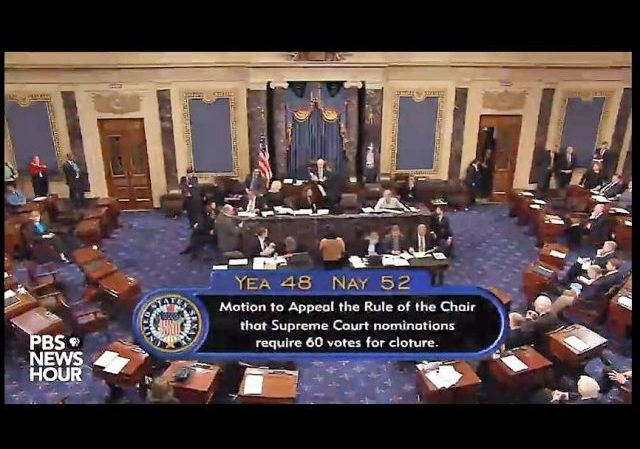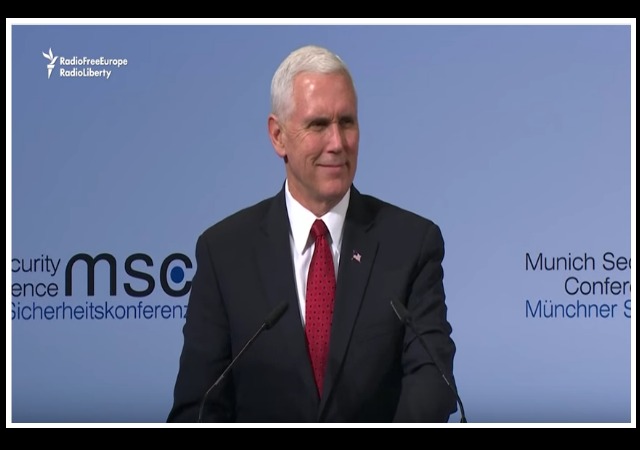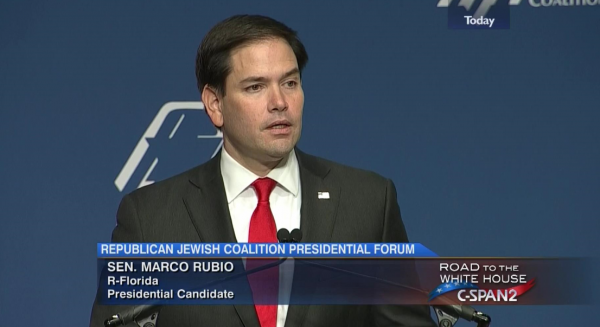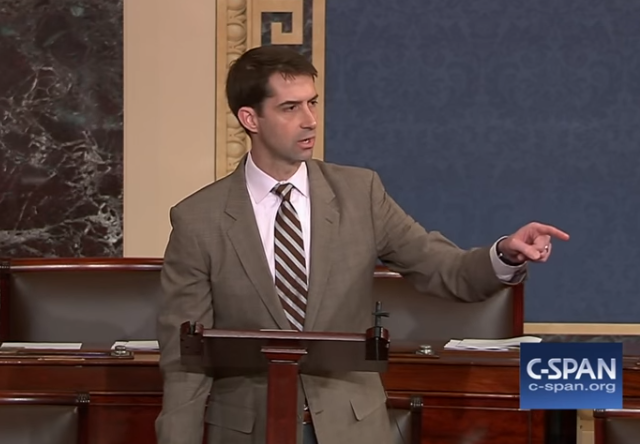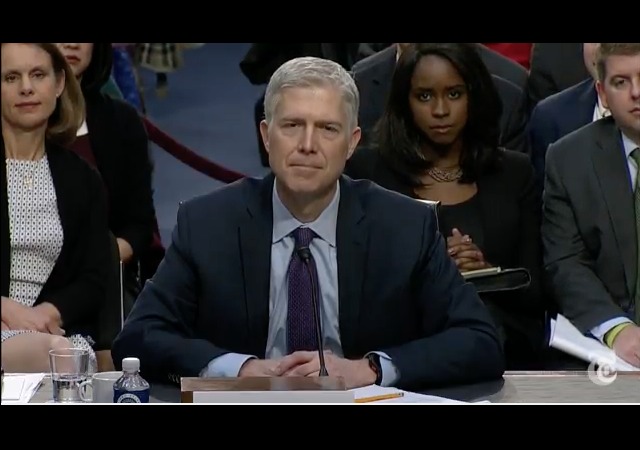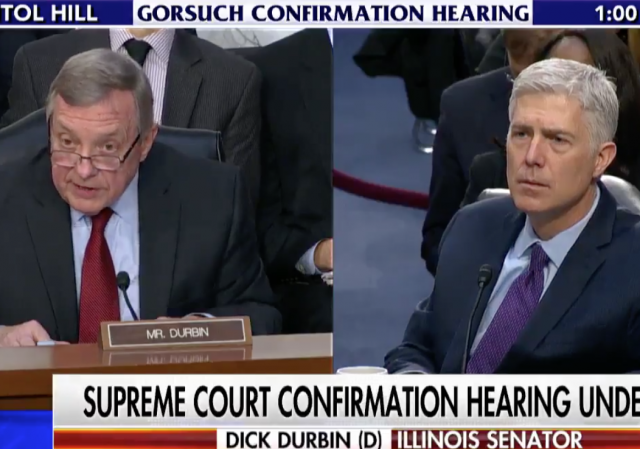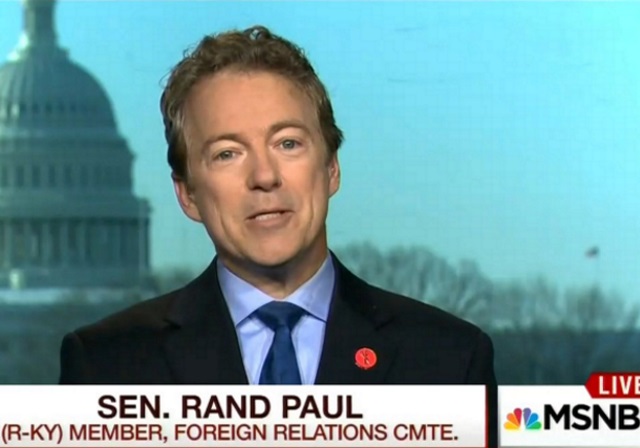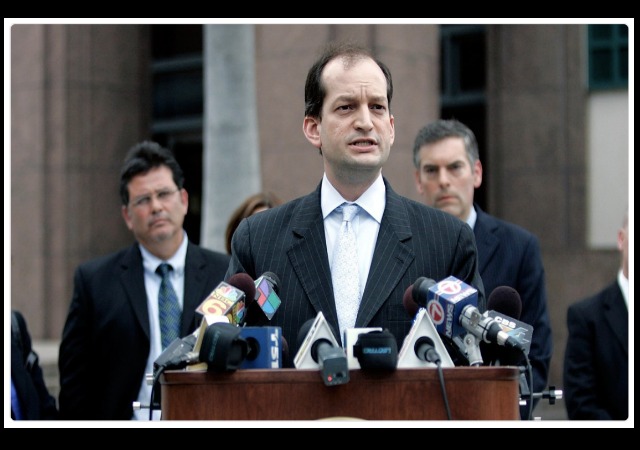Democrats Grind Senate’s Work to a Halt Over Comey’s Firing
on May 11, 2017
17 Comments
Democrats have gone from demanding former FBI Director James' Comey's resignation or dismissal to being puffed up with such outrage that the president has fired Comey they have decided to grind Senate work to a halt by cancelling or postponing meetings . . . for a whole day. This is their way of protesting the "lack of an independent investigation" into Russia's alleged election meddling.
The Washington Post reports:
Democrats on Capitol Hill slowed committee business in the Senate to protest the lack of an independent investigation into Russia’s election meddling, and a growing number of Republicans questioned Trump’s decision.

